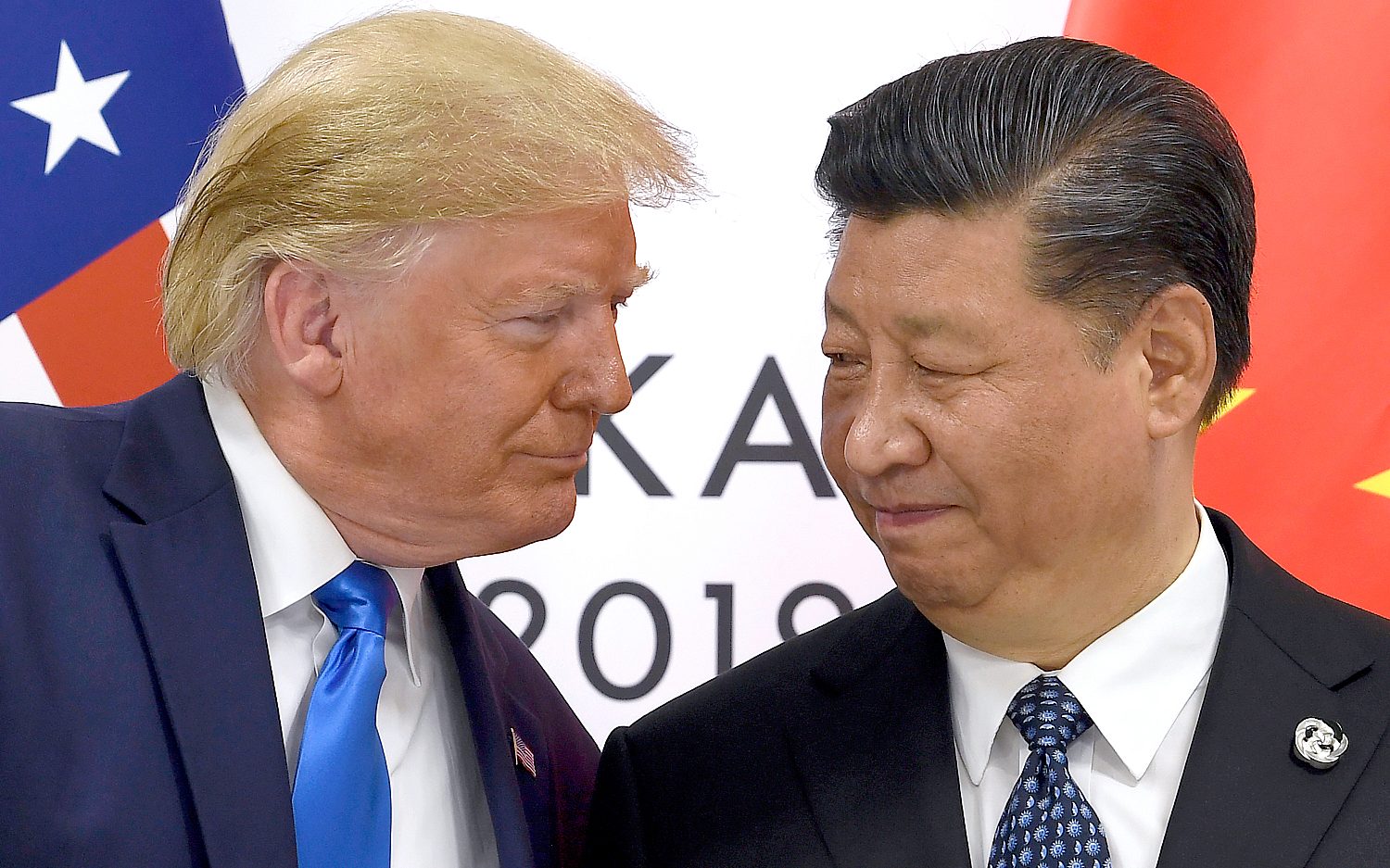Kenyan opposition warns of vote rigging in August election
Newly amended law gives government the right to conduct easily manipulated manual vote tally
Kenya’s opposition coalition has accused President Uhuru Kenyatta of plotting to rig the upcoming presidential election after he approved a law that will allow an alternative voting system if the electronic system fails. The opposition warns the new law leaves room for manual voting, which would make it easy to rig the election.
The president’s office said in a statement the amendment will allow a “complementary mechanism for identification of voters and transmission of elections results,” if the electronic voting system fails. The statement claimed the complementary arrangement would be simple and verifiable, leading opposition members to believe it would be a manual process.
“The (ruling party’s) argument was it’s too risky to go into an election with an automated system without a manual backup,” said Peter Aling’o, a Kenya-based researcher with the Institute for Security Studies.
The opposition coalition said the Senate betrayed the people of Kenya by ruling in favor of the amendment. Manual systems have allowed for “ghost voters” and aided election rigging in past elections, the coalition said, warning of “mass action” if the electoral commission implements the system.
Kenyatta is contending for a second term in the August elections. Protests and police clashes already have marred the campaign. In the 2013 elections that put Kenyatta into power, Kenya tried to digitize ballots but faced equipment failure. The electoral commission collated the results manually. Ralia Odinga, the coalition leader who ran against Kenyatta, rejected the results and said the ruling party designed the system to fail in order to manipulate it.
The International and Electoral Boundaries Commission said it will resort to using voters’ biometric information, such as fingerprints, if technology fails.
“IEBC does not aspire for manual systems,” Andrew Limo, the commission’s spokesman, told the Daily Nation. “With regard to transmission of results, the commission will work with the communications authority to ensure that technological solutions are found for those areas with inadequate or no network signal footprints.”
Aling’o said the country’s past two elections have proven the manual process is vulnerable to political manipulation. He called on the government to focus instead on ensuring the credibility of the electoral commission, regardless of the voting system.
“It all boils down to integrity of the commission,” Aling’o said. “If they’re not people of integrity, whether it’s a manual or automated process, they’ll still find a way to manipulate the election.”
An actual newsletter worth subscribing to instead of just a collection of links. —Adam
Sign up to receive The Sift email newsletter each weekday morning for the latest headlines from WORLD’s breaking news team.





Please wait while we load the latest comments...
Comments
Please register, subscribe, or log in to comment on this article.